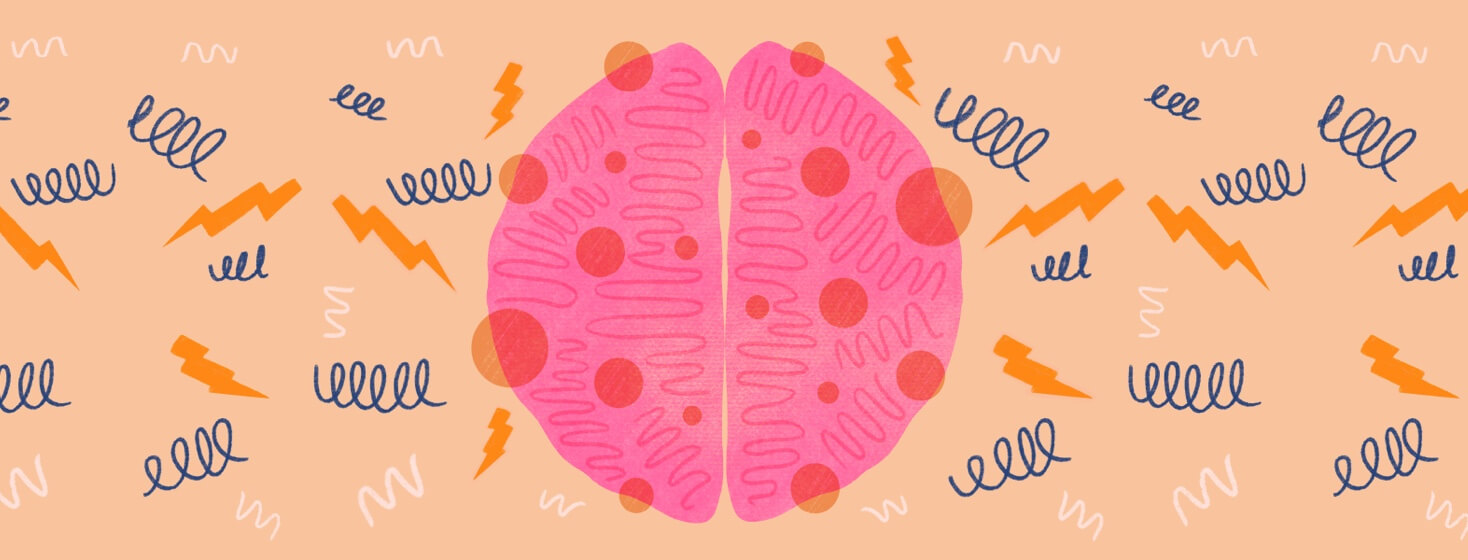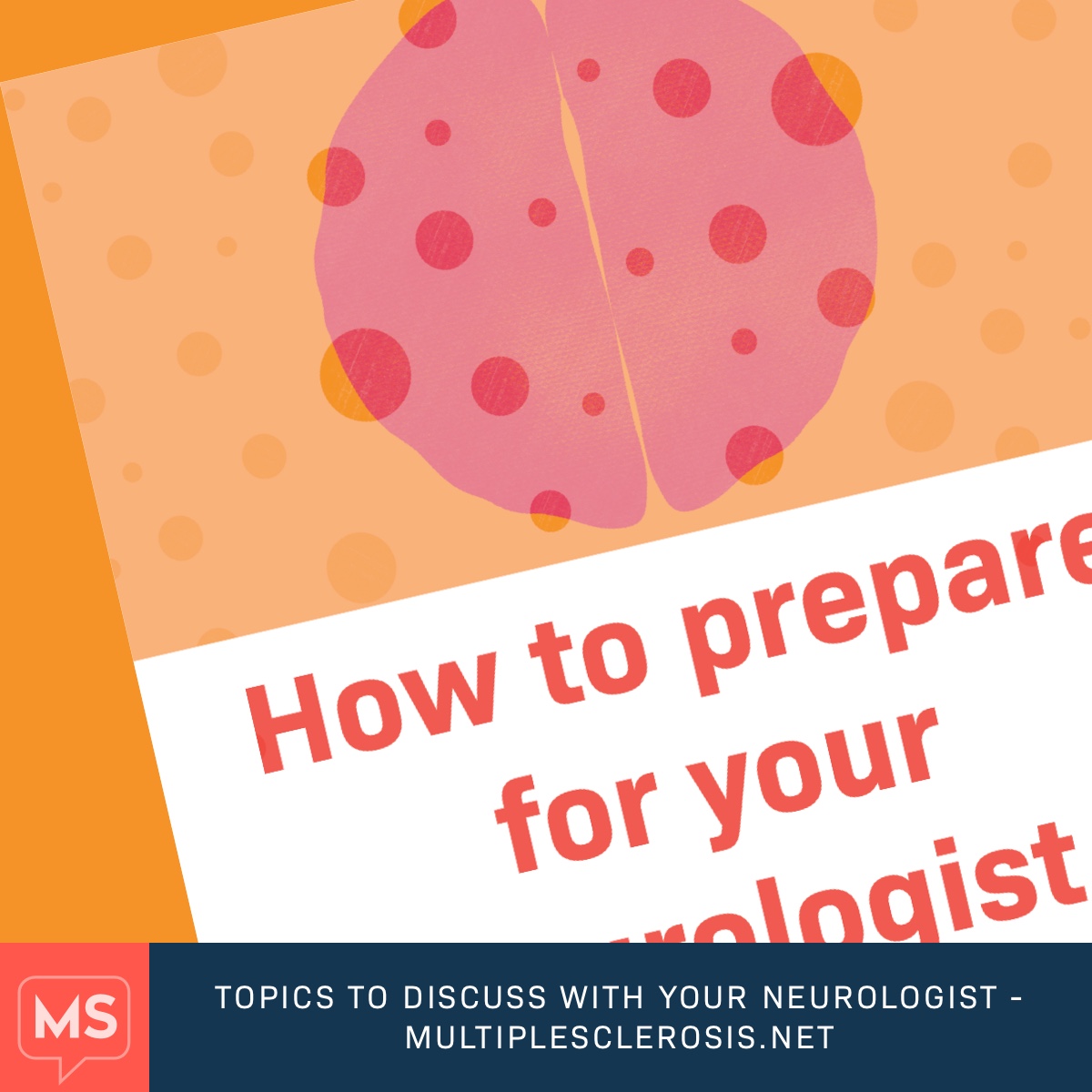If I Knew Then What I Know Now - Neurologist Visit Considerations
It’s true and I know a good majority of you have thought the same thing. If we only knew then, what we know now, we would have acted sooner rather than later.
My journey began sometime around 1985. I assumed my physical changes were due to getting older and I adjusted to my new normal. My continual adjustments went on for 19 years. In 2003 I began having trouble walking straight, walking while talking with someone, blurry vision, and walking a few blocks without getting dizzy.
The start of my diagnosis journey
At that point, I decided to visit my family doctor and discuss what might be causing these issues. Our plan would have me visit my cardiologist, ophthalmologist, and physical therapist. Once all the reports were received, I visited with my family doctor to determine the next steps.
The cardiologist indicated Afib was not causing the dizziness and my ophthalmologist found optic nerve damage in my left eye and blurry vision was from Uthoff’s syndrome. The physical therapist recommended therapy visits to help improve my gait and balance.
The puzzle continued
Without a real answer to what was causing my poor balance, the plan included physical therapy. After 12 visits my balance did improve some, although not as hoped. During that time a new issue of numbness in my lower legs and feet developed.
To determine what might be causing my numbness, a visit with a neurologist including a nerve test and MRI was scheduled. These tests only confirmed I did have nerve damage in my feet and legs, but my MRI was clear. The puzzle continued for 2 more years of my 5-year medical journey.
Doing my own research
As luck would have it, I spoke with a friend who mentioned her cousin struggled with the same issues I was struggling with, and he was diagnosed with multiple sclerosis (MS). Having no idea what MS was, I read everything I could find, and seventy-five percent of my issues were common to MS.
I then scheduled a visit with my neurologist to discuss my research and diagnosis. After our discussion, he disagreed MS was the cause. I then requested a spinal tap to confirm one way or the other. Three days after the test, I received a message - the spinal tap confirmed MS.
What did I learn from this experience?
Great question! My approach is a thousand percent in the opposite direction. Before MS, I relied on my doctors to determine the necessary tests to confirm my diagnosis.
I now take time to research what I am physically dealing with before my appointment. There are many great resources such as The Mayo Clinic and Medscape, among other sites. I know what some of you are thinking, the doctor went to medical school, not me. Yes, you are correct, however, being prepared, asking questions, and discussing options, can improve your healthcare.
How to prepare for your MS neurologist appointment
Here is my approach to preparing for my appointments. I hope it helps your experience during your check-in, pre-nurse visit, and discussion with your doctor, to go smoothly. Let’s look at a few high-level ways to prepare.
Before you go
Make sure you have your medical insurance card, a list of your medication, and your primary physician’s contact information. If this is your first visit, remember you’ll also need to provide information regarding your habits, i.e. smoking, caffeine, alcohol consumption, how often you exercise, etc.
Discussion with the nurse
While visiting with the nurse, preparing for your doctor, they will check your blood pressure and temperature and discuss the reason for your visit. Be sure to mention if your blood pressure or temperature, is higher or lower than normal. While discussing why you are there, be detailed regarding your physical concerns and what results you expect.
Discussion with the neurologist
When your doctor comes in, be very specific as to why you are there, the symptoms you are feeling, and the physical issues the symptoms are causing. If you have researched the possible cause of your symptoms and your testing options, be prepared to discuss these with your doctor.
A toolkit for preparing for your appointment
Here is a detailed list of questions and considerations when it comes to preparing for your neurologist appointment. Don’t be shy - ask questions regarding diagnoses, tests, medication, and treatments. Remember, unless you take an active role in your healthcare you may not receive the care that you need and deserve.
As usual, let’s finish with a smile and a laugh
OK, this is a funny, or not-so-funny story I have read. One of our fellow MS warriors who battles spasticity, decided to enjoy a manicure and pedicure. During the pedicure, the typical feet-rubbing ignited the fun leg shaking and straightening.
Since the manicurist had no clue what was happening, she jumped up moved away with a stunning look of “what the heck is going on”. After explaining what was happening and an apology, they both had a good laugh for the day. MS always presents a surprise, little humor, and a laugh.
Thanks again for taking time out of your busy day to read my article. I hope you found my journey and the list of questions helpful. Until the next time be safe, joyful, and kind to everyone you meet.


Join the conversation